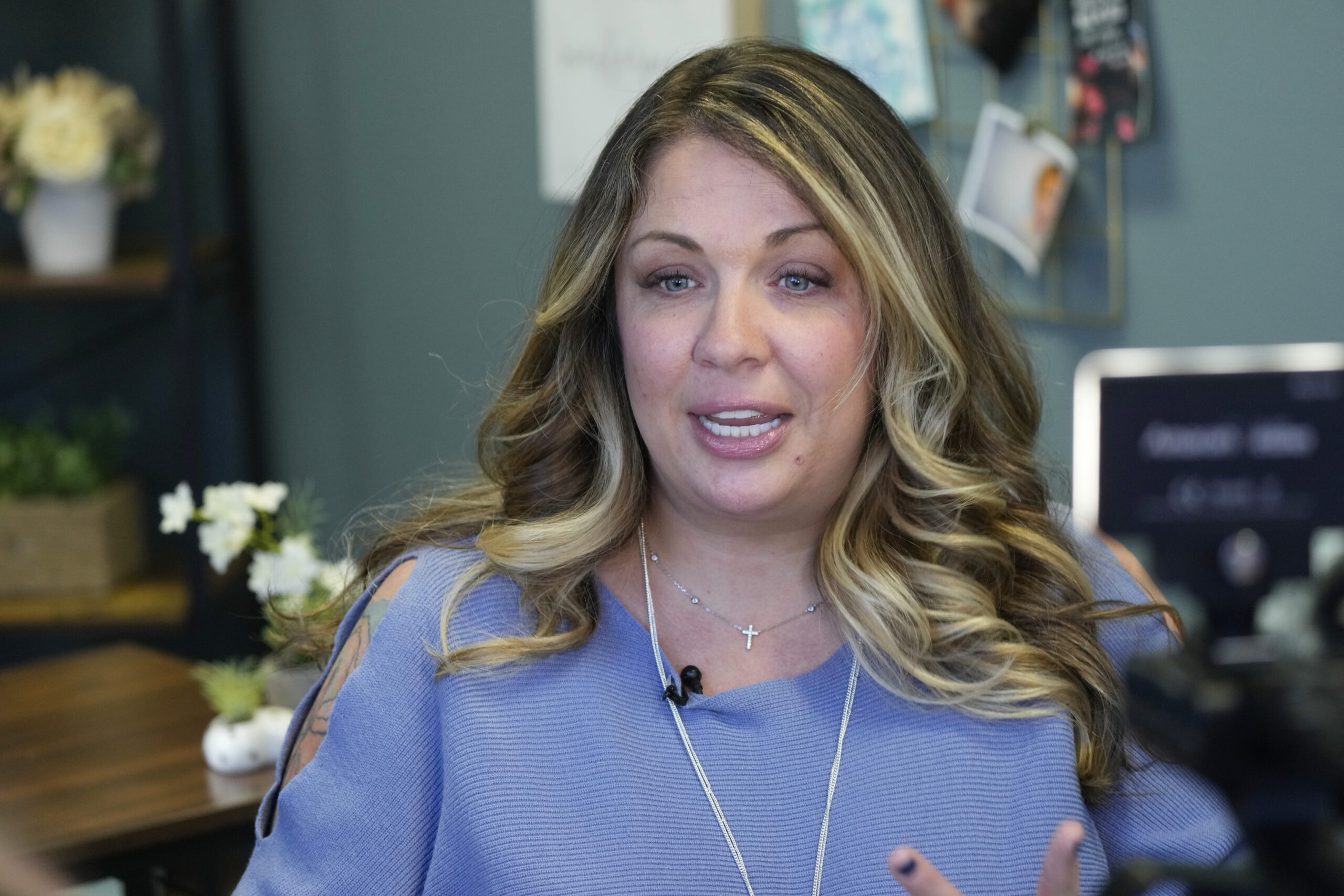
Brianne Gorod of the Constitutional Accountability Center, representing a group of law professors, hypothesized other examples of what could happen if Smith succeeds at the high court.
“A web designer could refuse to create a web page celebrating a female CEO’s retirement — violating Colorado’s prohibition on sex discrimination — if he believed all women have a duty to stay home and raise children. Similarly, a furniture-maker — who considers his furniture pieces to be artistically expressive — could refuse to serve an interracial couple if he believed that interracial couples should not share a home together. Or an architect could refuse to design a home for an interfaith couple,” she told the court.
Smith’s supporters, however, among them 20 mostly Republican-leaning states, say ruling against her has negative consequences, too. A lawyer for the CatholicVote.org education fund told the court that if the lower court ruling stands and Smith loses, “a Jewish choreographer will have to stage a dramatic Easter performance, a Catholic singer will be required to perform at a marriage of two divorcees, and a Muslim who operates an advertising agency will be unable to refuse to create a campaign for a liquor company.”
The Jewish Coalition for Religious Liberty put it differently, telling the court that a Jewish baker could have to fulfill the request of a Neo-Nazi who wants a cake saying “Happy November 9th!” — a reference to Kristallnacht, the night in 1938 when Nazis burned synagogues and vandalized Jewish businesses throughout Germany and Austria.
Alan B. Morrison, a constitutional law expert at Georgetown University, underscored that Smith doesn’t currently do wedding websites, making the case particularly speculative and, he says, problematic. Still, Morrison chuckled at some of the hypothetical scenarios both sides came up with, suggesting they are “a bit overblown.”
The examples, he said, are “the kind of thing a law professor would think of.”








